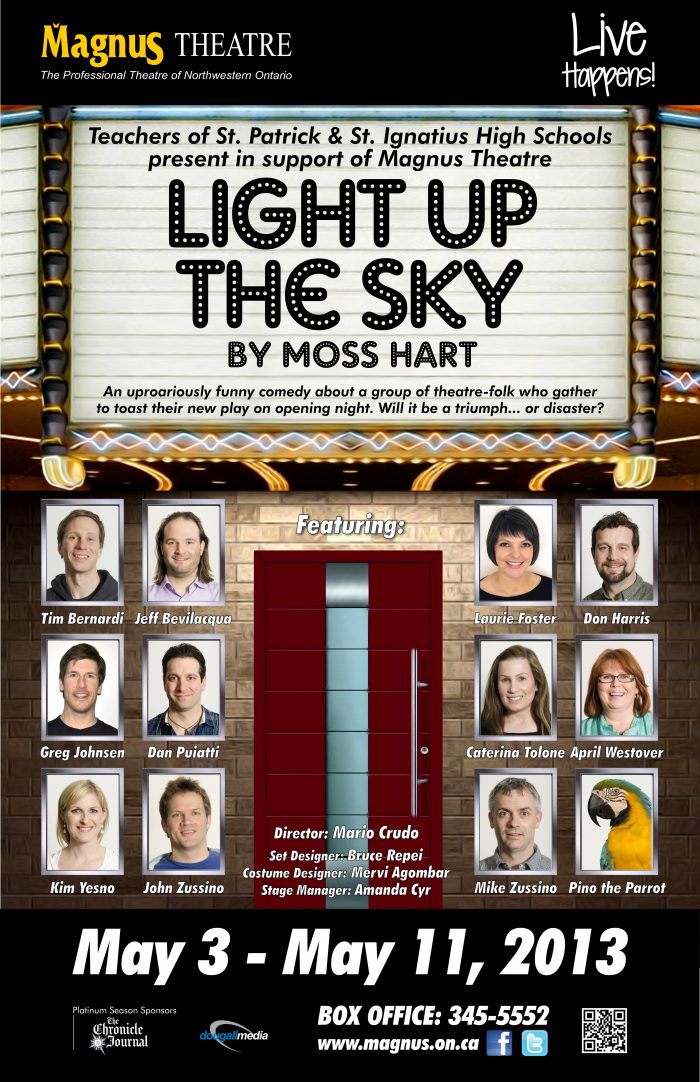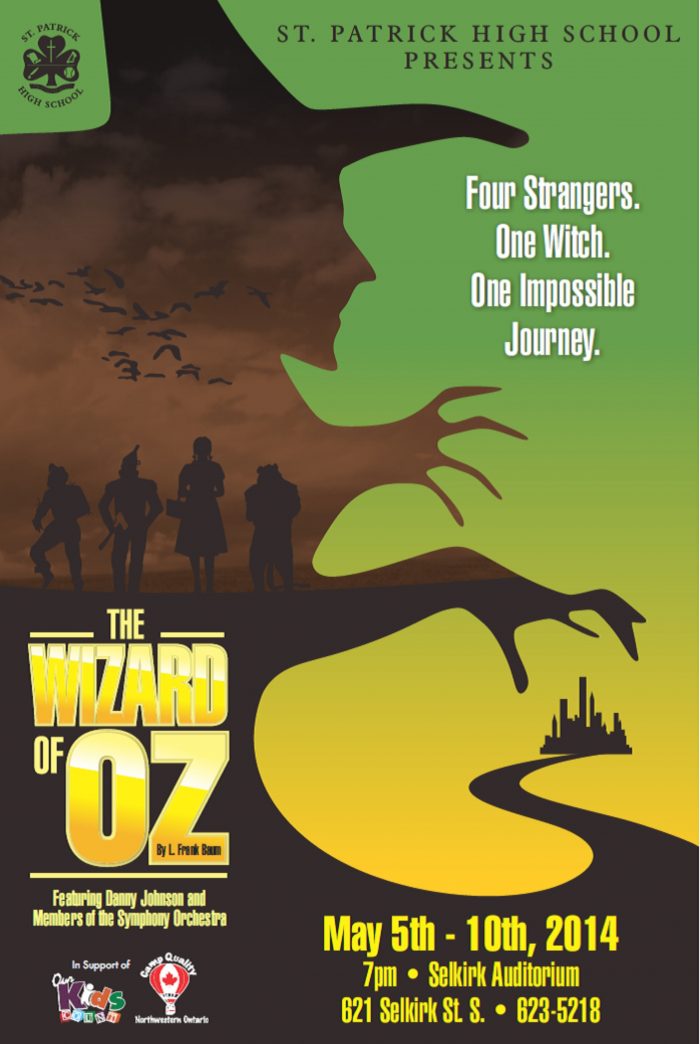By Kyle Poluyko
Cherry Docs, the summer theatrical presentation from New Noise Productions, intimately explores the fallout of hate crime perpetrated against a Pakistani minority in contemporary Toronto. Written by Canadian playwright David Gow, it is direct, explicit and unflinching in its description of the crime and the impact on the accused and his reluctant defence attorney.
“Cherry Docs” refers to a pair of crimson, steel-toed Doc Martens that are wielded as a weapon by Mike Downey (Andrew Paulsen). Mike, a punk with a skinhead ideology, uses the docs to literally stomp a Pakistani immigrant to death. Charged with murder and facing life imprisonment, Mike is detained in administrative segregation—solitary confinement. His only human contact is with that of duty counsel Danny Dunkleman (Chisholm Pothier), assigned to represent Mike through his preliminary trial and onwards. Danny, as it happens, is also Jewish. Their conflicted relationship over ten months is told through a balance of monologues by the two actors, and their duologue in a confined interrogation room.
Danny is more than reluctant, forced to grapple with his own bigotry in life and towards Mike. Cut-off from his hate-filled influences, Mike begins to experience a re-emergence into his true self from the racist indoctrination he has relied on for identity. Pauslen’s portrayal of Mike was powerful yet nuanced. He delivered a commanding performance as a hate-filled man, subtly and reluctantly looking for redemption. His monologues and dialogue with Danny were tense and awkward, as if both he and Chisholm (Danny) had never encountered each other before the rise of the curtain. The triumph in Paulsen’s performance was his complete and devastating breakdown when reading a statement written by his victim, crippled by his injuries shortly before he died. Paulsen, in that display of tortured realization, was breathtaking.
Chisholm, who made his Thunder Bay theatrical debut with Cherry Docs, had moments of genuine connection with Paulsen and the audience. Yet he also left the audience with the impression that this material is not his forte, delivering one-note dialogue and a seemingly disinterest in the content and context. It must be said, however, that he demonstrated great talent that was not served by this production. At times, his aggressiveness towards Paulsen’s Danny was over-played and a turn off. The fault with that lies in the script.
David Gow’s writing, with its powerful moments that earned him a theatrical award for the play, sadly disengages the audience with rambling dialogue that often does not serve to advance the plot. Michael Sobota, a savvy and innovative director, created carefully thought out and inventive staging, though his efforts were hampered by the mediocre script which bound his hands and hampered his characteristically remarkable directorial efforts.
Cherry Docs presents a powerful scenario and poses important questions our society must not only acknowledge, but frequently and openly discuss. Though set in Toronto, the production could very well take as its topic many a crime in Thunder Bay. Regardless of its faults, Cherry Docs presents a persistent look at race related crime and brings it to the forefront of our consciousness—no matter how uncomfortable audiences find it.















